CHIP has reimagined how open standards and interoperable health information technology are designed and utilized to accelerate breakthroughs in research, improve patient care, and empower individuals on a national and global scale. Our group developed foundational innovations like SMART on FHIR, Bulk FHIR, CDS Hooks, and SMART HealthCards, all of which are transforming healthcare by enabling seamless data exchange and integration across systems. CHIP pioneered the first personally controlled health records and invented the open APIs now mandated by law, driving the health information economy forward. These tools are actively used to advance patient care, public health, and research, ensuring that technology serves the broader goals of healthcare innovation and patient empowerment.
Projects
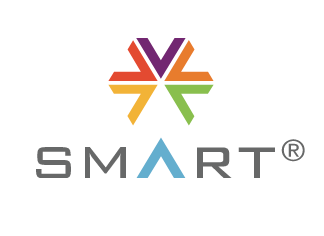
SMART Health IT advances medicine, discovery and public health through parsimonious, open standards, application programming interfaces, laws and regulation, and is best known for the SMART on FHIR API and SMART Health Cards. Over 800 health systems have connected to the Apple Health app via SMART on FHIR. SMART on FHIR has enable over 200 million patients, and soon all patients, to get their medical record on their phone, empowering patients with their data. SMART Health Cards have been adopted by Microsoft, Apple, Epic, Walmart, Oracle, Mayo Clinic, New York, California, Hawaii, Louisiana and more. Over 100 million patients have verified vaccine credentials via SMART Health Cards. SMART Health Cards have been featured in The New York Times, The Boston Globe, Wired, Healthcare IT News, and Cape Cod Times.
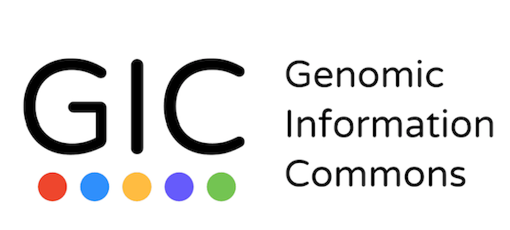
Inspired by a common vision of accelerated genomic discovery, collaboration, and improved clinical outcomes, leaders at Boston Children's Hospital, Cincinnati Children's Hospital Medical Center, the Children's Hospital of Philadelphia, Washington University at St. Louis, the University of Pittsburgh Medical Center, and Le Bonheur Children's Hospital at the University of Tennessee Health Science Center have come together to create the Genomic Information Commons (GIC). Partially funded by NCATS, The GIC is a multi-institutional, federated, genomic data commons.
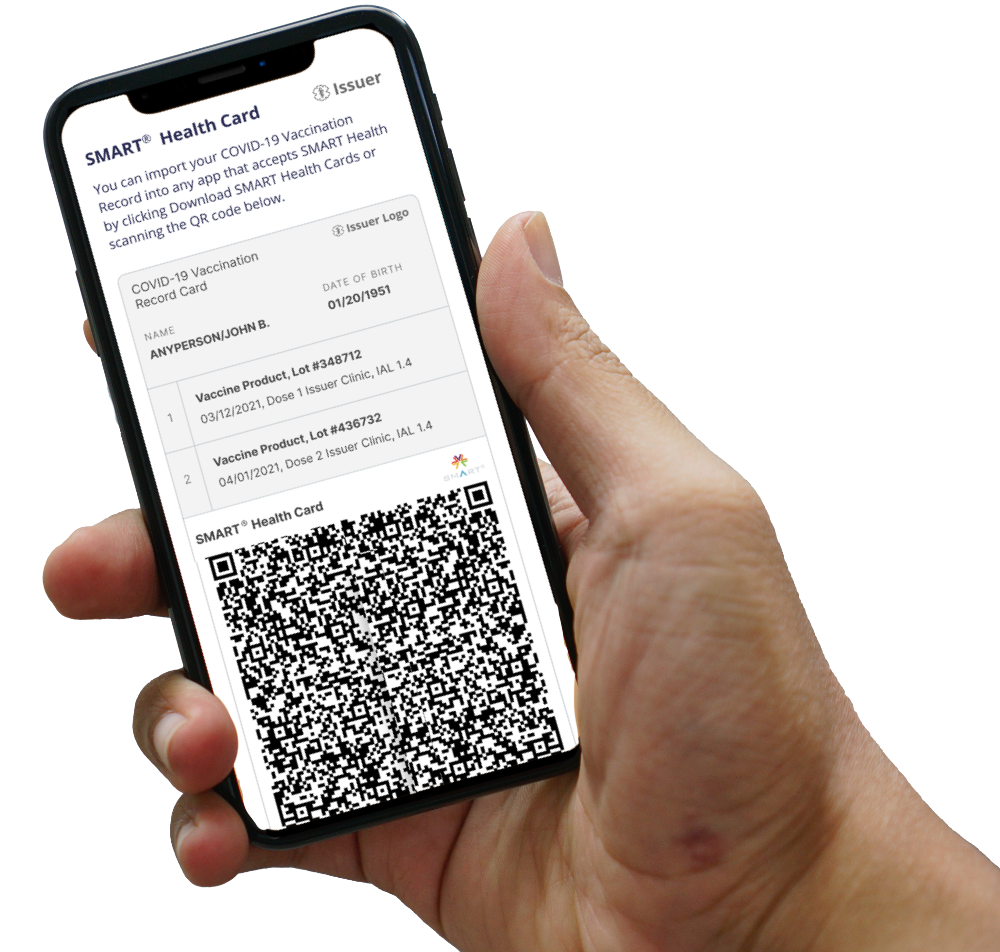
CHIP pioneered the development of SMART Health Cards, which provide individuals with verified, easily shareable versions of their clinical information—such as vaccination history and test results—while maintaining stringent privacy and security standards. Incorporated directly into Apple iOS and widely adopted by major electronic health record (EHR) systems, SMART Health Cards have quickly become a national standard in portable, patient-centric health data exchange. Adoption has been rapid, with 23 state health departments provisioning SMART Health Cards to millions of Americans, enabling a more seamless, trusted, and patient-controlled model for exchanging essential healthcare information.
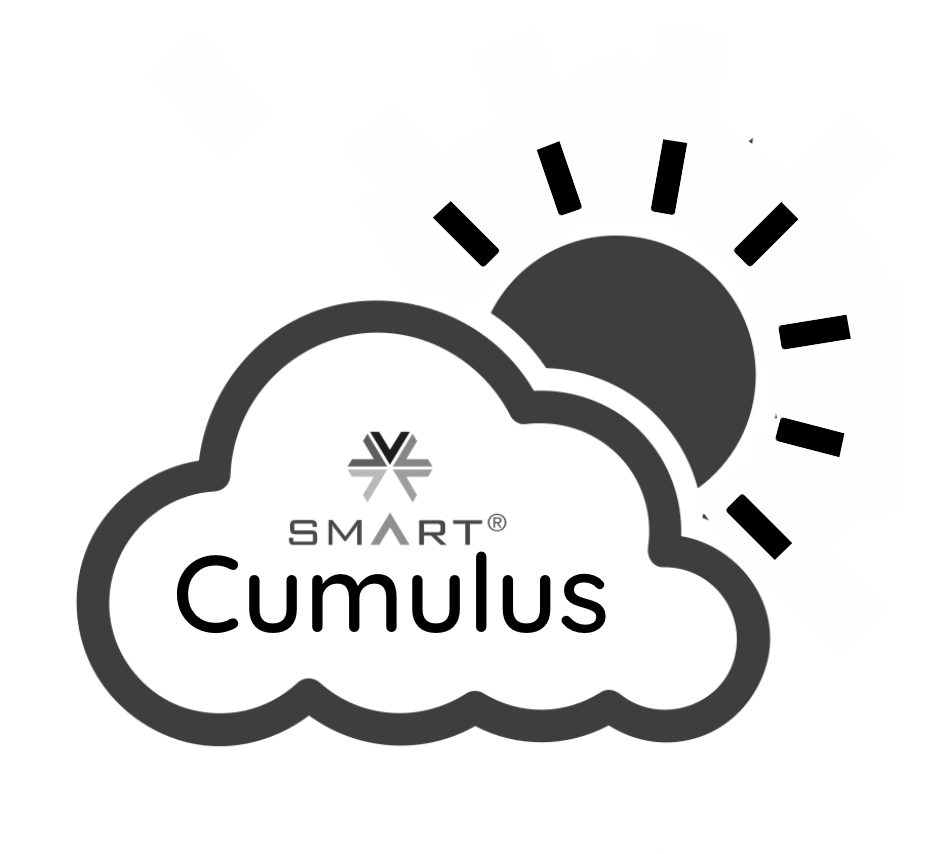
Cumulus is a federally funded platform, supported by ONC/ASTP, that enables secure, interoperable data federation across all sites of care through cloud-hosted EHR “side cars” and regulated, open standards-based APIs. Under the 21st Century Cures Act, all sites of care must support the SMART Bulk FHIR Access API, which Cumulus utilizes to seamlessly acquire both structured and unstructured clinical data at scale. Implemented with health systems and public health departments as part of the CDC Data Modernization Initiative, Cumulus integrates with a high-throughput large language model (LLM) pipeline to deliver comprehensive analytics and insights. In addition, it now connects the healthcare delivery system to the research enterprise via the ARPA-H Biomedical Data Fabric, fostering innovation, improving patient outcomes, and accelerating data-driven healthcare discovery.
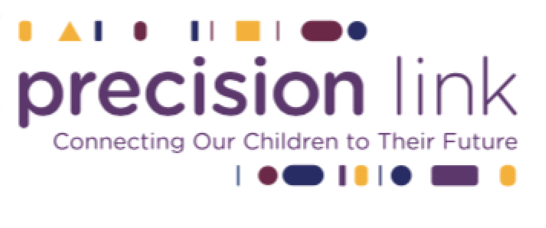
CHIP directs the Biobank Core at Boston Children’s Hospital which includes the Precision Link Health Discovery protocol for engaging our patients in research and capturing the diversity of our patient population under a broad consent for omics and phenotype data phenotype biospecimens stored in the biobank core.
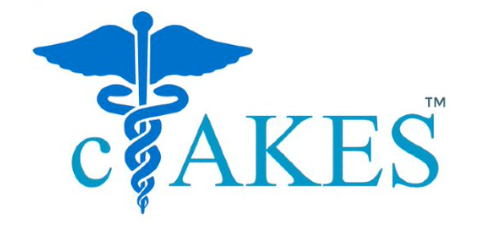
Apache clinical Text Analysis and Knowledge Extraction System (cTAKES) is a widely used, open source and free tool for clinical natural language processing (NLP). Unlike general purpose NLP tools, cTAKES is specialized for clinical texts, incorporating Unified Medical Language System (UMLS) resources for finding medical concepts and packaged with machine learning models trained on gold standard clinical texts. Apache cTAKES has NLP use that extends beyond clinical care. Apache cTAKES became the first and only top-level Apache Software Foundation biomedical informatics software in 2013. In 2019, Apache cTAKES was named one of the 20 most influential Apache projects.

CHIP is a major contributor to the origin and development of the PIC-SURE ecosystem. PIC-SURE is a meta API now used for federated data queries across multiple healthcare systems.
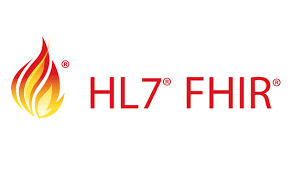
Expanding HL7 FHIR to support post-marketing research and surveillance within multi- source, chronic disease registries is a collaborative project with and funded by the FDA that focuses on the development and demonstration of new FHIR extensions, profiles, resources, and implementations that support FDA 21 CFR 11-compliant workflows for disease registry-based information exchange. The project is concentrated on incorporation of patient reported outcome (PRO) data from various sources used in the registry and enablement of a standardized approach within FHIR to query and deliver reproducible data sets.
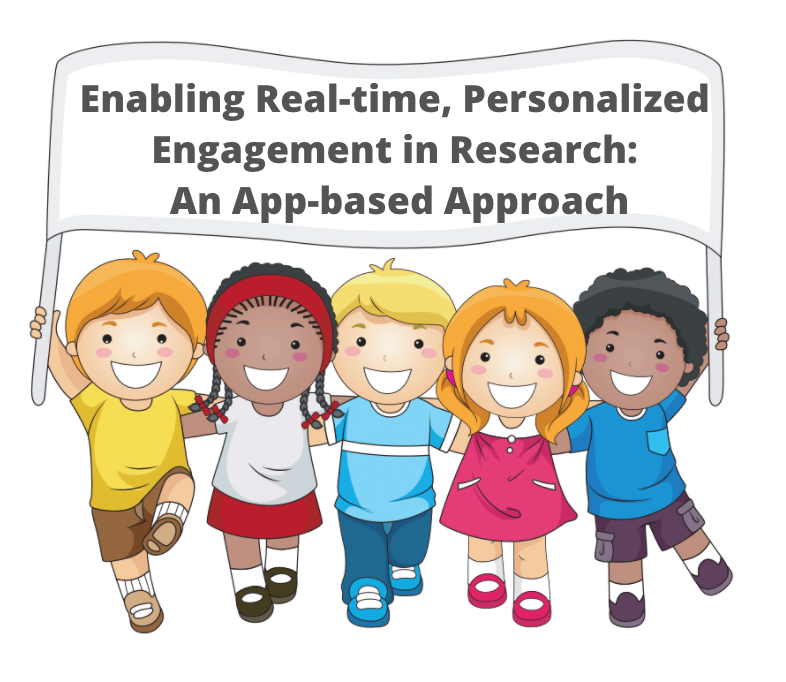
Enabling Real-Time Personalized Engagement in Research: An App-Based Approach is a Eugene Washington Engagement Award project funded by PCORI that seeks to address the divide that exists between the desire of Patient Subjects and Patient Partners to engage in research and the timely presentation of personalized, individually relevant opportunities for their engagement. We have developed and are piloting an innovative open-source approach – a ‘Web of Engagement’ process model – that combines mobile apps for research engagement that are customizable by app users (patient subjects and patient partners) as well as the content providers (research groups, advocacy organizations, and others).
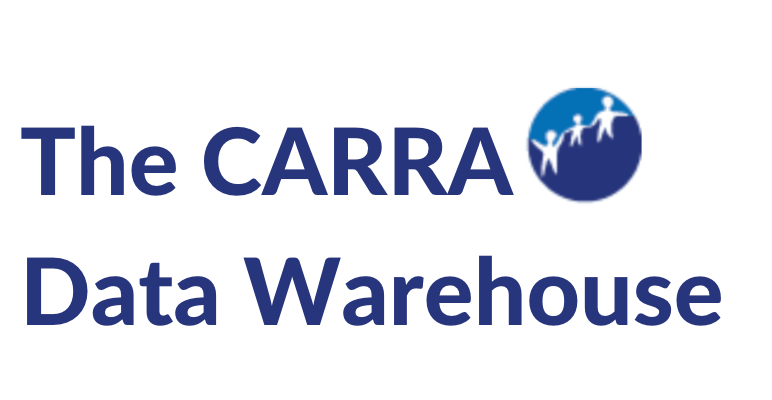
The CARRA Data Warehouse is a central data repository for multiple studies, including the 75+ site CARRA Registry – a group of longitudinal, investigator-sponsored, clinical research (Phase III) and post-marketing surveillance (Phase IV) studies and substudies of children and young adults with pediatric-onset rheumatic conditions. This registry is used to answer pressing questions about therapeutics used to treat pediatric rheumatic diseases, including examining safety questions. Boston Children’s Hospital, along with the Duke Clinical Research Center, maintain master, 3-way, data use agreements with over 75 major academic medical centers in North America that enable flexible, bidirectional data sharing.
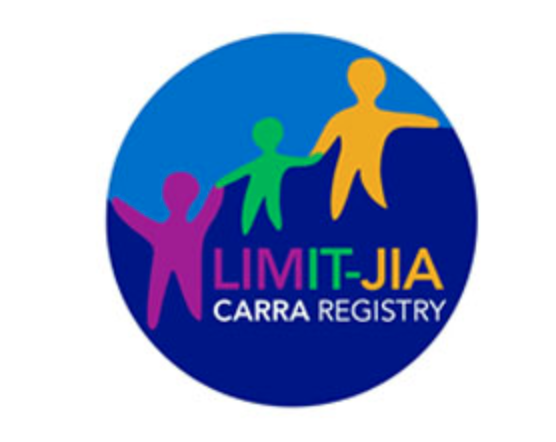
In the LIMIT JIA study, CHIP leads informatics efforts to develop computable phenotypes and implement data-driven approaches to improve enrollment for this trial, which is the first clinical trial to address prevention of disease advancement in oligo-articular Juvenile Idiopathic Arthritis, the most common type of JIA. LIMIT JIA is a phase III randomized clinical trial evaluating the effectiveness of 6 months of treatment with abatacept plus usual care verses usual care to prevent extension of disease in subjects with recent onset, limited juvenile idiopathic arthritis. For this trial, we develop and implement new informatics approaches to rapidly identify potentially eligible subjects and to optimize data completeness of enrolled subjects, linking electronic health record data with the CARRA Registry.
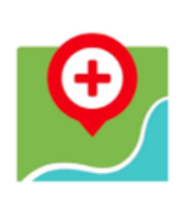
HealthMap brings together disparate data sources to achieve a unified and comprehensive view of the current global state of infectious diseases and their effect on human and animal health.
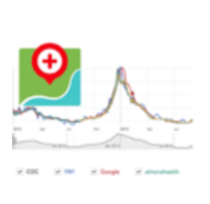
The HealthMap team at CHIP was granted access to the Google Search API in order to model search data. Key initial projects are Healthmap Flu Trends. The project leverages the data from multiple data sources including: FluNearYou.org, athenahealth.com, Google Trends, and Google Flu API Trends, to produce estimates of flu. Next steps are development of an ensemble approach to improve accuracy. CHIP researchers are providing HealthMap Flu Trends to the CDC as a national surveillance data source.

VaccineFinder is a free, online service where users can search for locations that offer vaccinations. We work with partners such as clinics, pharmacies, and health departments to provide accurate and up-to-date information about vaccination services. VaccineFinder is a collaboration with Google and the Centers for Disease Control and Prevention (CDC). Apple updated Apple Maps with COVID-19 vaccination locations from VaccineFinder. Facebook has partnered with VaccineFinder to connect users to COVID-19 vaccines. Amazon's Alexa is powered by data from VaccineFinder. VaccineFinder has been featured in The Wall Street Journal, USA Today, Washington Post, Fox Business, CNN, Forbes, NBC, CNBC, The New York Times, Becker's Health IT, and Fortune.

Influenza and COVID-19 pose major risks to our health and wellbeing. We've created a system that allows citizen scientists, like you, across North America to securely and anonymously self-report symptoms. And since our users generally report before they see a healthcare provider, we can see trends and the spread before local and national public health agencies. Outbreaks Near Me has been featured in The Wall Street Journal.




